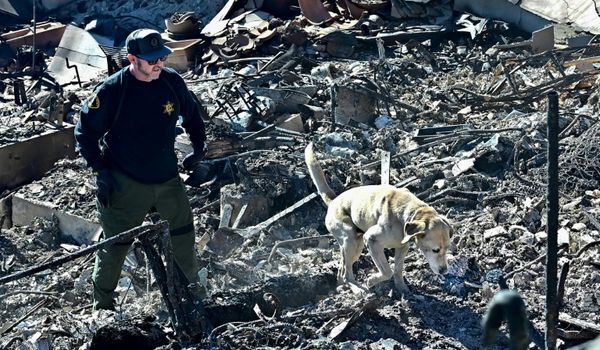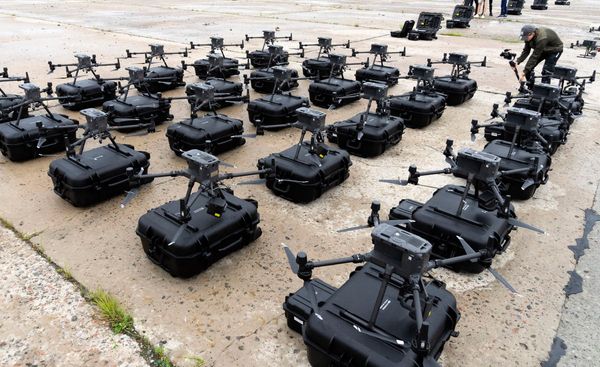
An indigenous group on Orchid Island (Lanyu) would receive NT$2.55 billion in compensation after investigation revealed that the nuclear waste disposal facility on the island was built without the residents’ consent.
President Tsai Ing-wen (蔡英文) attended a press conference in Taitung and apologized to the Tao community, after having done so in 2016.
“The investigation discovered the truth, and the compensation fulfills part of the government’s transitional justice for indigenous people,” Tsai said.
The Executive Yuan has exhibited declassified historical documents, showing former premiers Chiang Ching-kuo (蔣經國) and Sun Yun-hsuan (孫運璿) had approved plans to build the facility and store nuclear waste on Lanyu in the 1970s.

Lanyu, a volcanic island off the southeastern coast of Taiwan, is home to the Tao people, which make up 83.7 percent of the island’s population. The Tao is an ethnic minority group that migrated to Lanyu from the Batan Archipelago (modern-day Philippines) 800 years ago. The Taos are among the most isolated indigenous groups of Taiwan due to their remote geographical location.
Since 1972, when Taiwan was still under the martial law period, the Kuomintang government had started to scout for a place to store nuclear waste from the defense industry. In 1974, Lanyu was selected and the repository was built almost a decade later.
According to the investigation report, “offshore island storage” was chosen out of several other storage plans, such as “abandoned mine storage” and “sea disposal.”
Long Men, the southern area of Lanyu Island, seemed like an appropriate storage site because of its size, isolation, natural barriers, and low population density. Maritime transportation also lowers the risk of polluting human living environments. Apart from that, sea disposal is a more convenient alternative that’s being considered.
The Taos were unaware of what was being transported onto their island until several years later. They have been protesting against nuclear waste ever since, for almost 40 years. Although the past governors more or less responded to their appeals, no substantial action was taken.
In Tsai’s 2016 presidential election campaign, she promised that she would apologize to the indigenous people on behalf of the government and realize transitional justice when she became president. She fulfilled her promise in the same year by making an official apology and setting up an investigation committee.
The special investigation team, launched under Tsai’s instruction, said the policy decision in the 1970s has impacted the physical and mental health of Lanyu’s indigenous people, geographical environment, and social economy. Although the decision was made during the martial law period, the damage ought to be acknowledged and compensated, according to the report.
“The compensation will be used for social benefit, health care, traffic, education, and environment, etc. on the island under the consensus of tribes and government representatives,” Executive Yuan spokeswoman Kolas Yotaka explained.

In response to the government’s decision, Lanyu Mayor Chiaman Chialamu said, “All people of Lanyu is happy. Every president in the past came to Lanyu, but only Tsai Ing-wen hears [our] voice.”
Although making the compensation is the first right step after the government’s longterm neglect, the urgency of removing nuclear waste has to be taken seriously, Chialamu added.
While Chialamu expressed appreciation for Tsai's policy on behalf of his community, not all were satisfied with the outcome. A group of Taos, along with a few citizen interest groups, protested on November 29 and criticized the Tsai administration’s attempt to “bribe” the Taos prior to the presidential election. They urged the government to prioritize relocating the nuclear waste from Lanyu instead of compensating.
However, after the London Convention was passed in 1996, countries have been banned from dumping waste and other substances that could pollute the ocean. Taiwan, though not included on the list, would often try to follow international conventions. Therefore, the hope for nuclear waste to be separated from land is slim.
According to Taiwan’s Atomic Energy Council, the location of a consolidated disposal facility should be decided and put into use in 8 years by 2025. Regarding the selection, a fair and transparent procedure is required. It’s relevant to every Taiwanese household as the the entire territory of Taiwan will be considered for new disposal site.
While nuclear waste disposal remains the most immediate challenge, going nuclear-free seems to be a better choice unless Taiwan can resolve waste disposal without sacrificing citizens’ health. However, obtaining a public consensus would be a lengthy process. Switzerland, for example, was not able to reach the decision of going nuclear free until the eighth referendum. Meanwhile in Taiwan, the transitional justice for indigenous people remains a long-term pursuit.
READ NEXT: Do Free Economic Pilot Zones Benefit Taiwan?
TNL Editor: Daphne K. Lee (@thenewslensintl)
If you enjoyed this article and want to receive more story updates in your news feed, please be sure to follow our Facebook.







